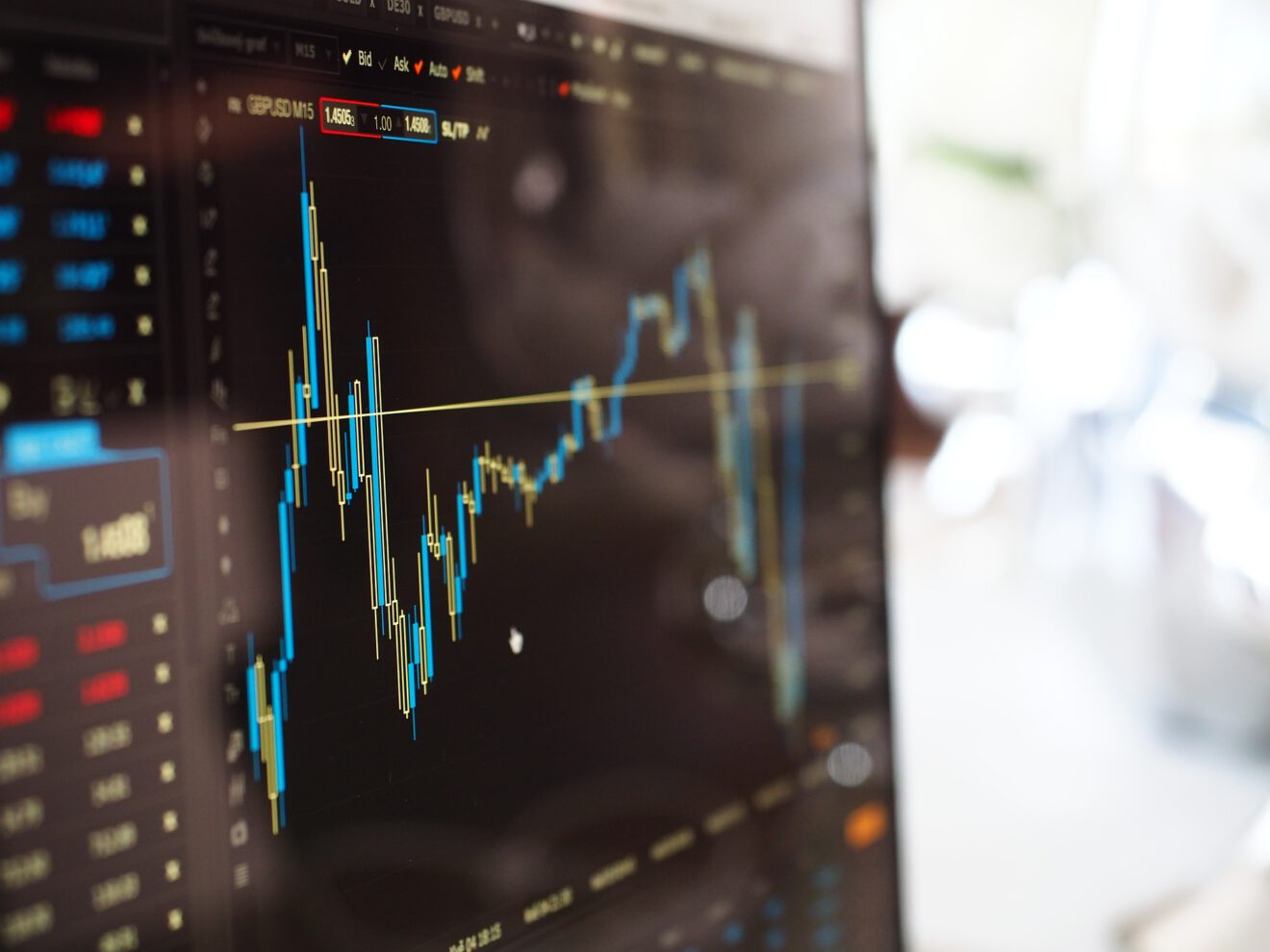Electronic trading and automation have benefited the fixed income markets but still have a great deal of room for growth and improvement, panelists at the SIFMA Annual Meeting in Washington, D.C., said on Tuesday.
“I don’t think we’ve scratched the surface on the use of technology within electronic trading,” said Glenn Taitz, global head of fixed income trading at Invesco.
Liquidity, however, is the market’s biggest shortfall, even as electronification has decreased risk and created more operational efficiencies, Taitz said.
Stephen Laipply, managing director and head of US iShares fixed income strategy at BlackRock, said that handling larger trades electronically “has yet to be solved.”
Sonali Das Theisen, managing director and head of fixed income market structure at Bank of America Merrill Lynch, noted that Europe’s market structure historically has been more electronic, currently with a greater focus on automated trade execution than price generation for market making. In the US, price generation is a greater priority, although the two sides “are coming together,” she said.
Kristin Maher, managing director and head of fixed income services at Wells Fargo Advisors, said automation works well in the quoted markets and for frequently traded securities. Markets such as municipal bonds, however, need price discovery and an intermediary expert before customers receive any information they will use to make decisions.
Meanwhile, the Securities and Exchange Commission’s FIMSAC, or Fixed Income Market Structure Advisory Committee, is working on a proposal to delay reporting of large block trades in high-grade and high-yield bonds for 48 hours.
The panelists spoke favorably of the proposal and its accompanying pilot program.
The goal is to create a balance between increased transparency and the capability for risk transfer in larger blocks, Theisen said.
Taitz described the proposal as a “step in right direction.” The data in question is valuable for pre-trade transparency and post-trade analytics, but a key area of concern is when institutions need to have that data, and how the data is used varies widely by investor type, he said.
